What Makes Us Different: Our Mission
A cleft diagnosis is a challenge for parents worldwide. The treatment journey can be unclear and activate all manner of fears for the future. In under-resourced communities, access to necessary care is unlikely to be available close to home and is generally beyond a family’s financial means.
Surgical missions - where foreign volunteers fly-in-and-fly-out to provide time limited services – can seek to fill this gap. Too often however, children are turned away due to malnutrition, a common cold, or too few operating slots. What’s more, expensive surgical missions are not able to provide the long-term follow-up care that many families require.
When local teams provide Circle of Care elements such as nutrition, speech therapy, orthodontics and psychosocial care, in addition to safe surgeries, a child’s outcomes improve. What’s more, they can inspire long-term change in the community and in local medical systems.
Our mission is to partner locally and innovate globally so that children and families in under-resourced communities access Comprehensive Cleft Care.
You can help to ensure children have access to the care they need at the right time, and closer to home.
Explore the Circle of Cleft Care
 Orthodontics
Orthodontics
Orthodontic treatment can be functionally required by children born with cleft. In adolescence, braces, or even surgical treatment may help a child with cleft experience full rehabilitation.
 Family Support
Family Support
The pressures of food insecurity, community inclusion and mental wellbeing - navigating feelings of fear, guilt and isolation, are all too real for many families. Caregivers affected by cleft may require extra assistance in meeting their child’s unique needs. Access to psychosocial support and parent support groups are helpful assets.
 Transportation Assistance
Transportation Assistance
For many families, travel is a major barrier to care. Costs are high, distances are long and the lost wages while in transit to appointments can be prohibitive. Bringing care closer to home and ensuring that caregivers have access to adequate transportation and accommodation support are proven CCC strategies.
 Psychosocial Support
Psychosocial Support
Bullying and social exclusion can be an ongoing challenge for children born with cleft, even after a successful surgery. Psychosocial professionals can help children address teasing and bullying by building their confidence in responding to questions about cleft.
Psychosocial care can also alleviate a family’s fears, dispel myths and deepen their understanding of the cleft treatment journey.
 Newborn Nutrition
Newborn Nutrition
Babies born with cleft are especially vulnerable to malnutrition. The gap makes it harder to breastfeed and a cleft palate can lead to milk being aspirated. In resources-constrained communities, alternatives such as formula and cleft-specific bottles are beyond the financial reach of many families.
Infants must achieve a healthy body weight for a safe cleft surgery, so feeding challenges delays their treatment. Persistent malnutrition is a danger to any child.
 YOU
YOU
You are an integral part of Transforming Faces’ Circle of Care! TF relies on the generosity of its supporters to provide Comprehensive Cleft Care to children and families who need it most.
In under-resourced communities, access to health care is limited and access to Comprehensive Cleft Care can be non-existent. Your donations help us change that, bringing care closer to home.
 Surgery
Surgery
All children born with cleft lip and palate will require surgical care. Safe, timely and effective surgery is a critical foundation to a child’s full rehabilitation.
While protocols vary globally, a cleft lip surgery typically takes place at 3-6 months of age and a cleft palate surgery is planned between 6-12 months. Additional surgeries may also be required to improve a child’s facial function, physical appearance, speech and hearing.
 Speech Therapy
Speech Therapy
Even with surgical treatment, children often face difficulties in speech and can struggle to be understood. They are also prone to air escaping through the nose during speech. Speech therapy at the time of a child’s first words and routinely throughout their childhood can dramatically improve their lives.
 Community Engagement
Community Engagement
Many parents have never met a child with cleft until the moment their child is born. To access Comprehensive Cleft Care, communities must be aware of cleft as a condition and that treatment is possible and available. For full inclusion, misconceptions and community stigma need to be overcome.
 Hearing
Hearing
Children born with cleft are susceptible to middle ear issues and cleft-connected hearing loss. In the absence of palate muscles, ear infections, temporary loss of hearing and delayed speech and language development can result. Ear, Nose and Throat specialists can play an important role in rehabilitation.
 Dental Care
Dental Care
Children born with cleft are at greater risk of cavities and periodontal disease due to misaligned teeth and teeth that do not erupt. Regular dental checks are required and parents and children benefit from effective training on maintaining good oral health.
How do we fulfil the Circle of Care?
TF’s Circle of Care maps the multidisciplinary support children require to experience good health, improved quality of life and community inclusion. Our partners ensure that families are offered support every step of the way, through personalized treatment plans and a trusted local team.
Community-Based Comprehensive Cleft Care with Transforming Faces
We want every child in a low-income country to have access to the cleft care that supports them in living a full life. Nobody should be left behind. We've partnered over the last 18 years with SRIHER in Tamil Nadu, India to build a unique Community-based Comprehensive Cleft Care model that is making this dream possible.
Where We Work
Transforming Faces is transforming cleft through long-term partnerships with care centres in 10+ countries, and we continue to grow.











Our Regional Focus
Stories You Make Possible
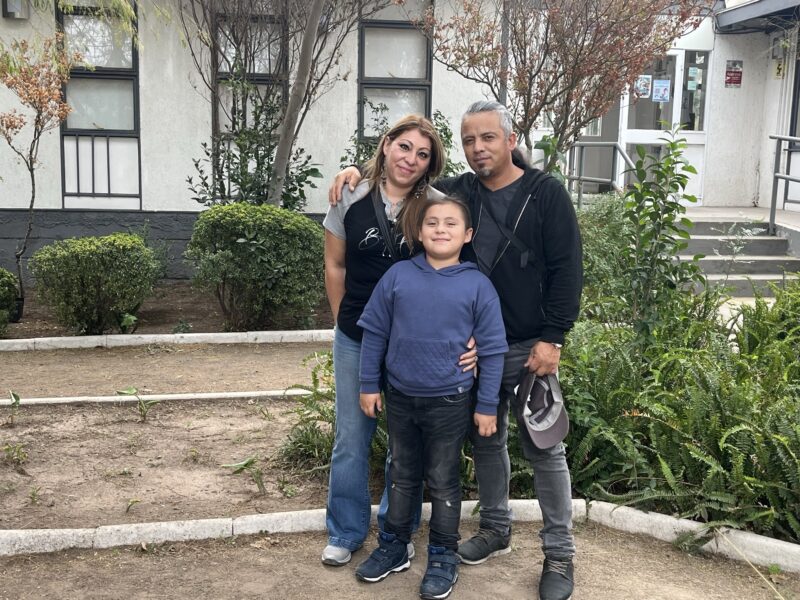
Brandon is from Lampa in the mountainous region of Northern Chile. No one knew why he struggled to speak clearly, and as soon as he started school, teasing and bullying became his everyday experience. Brandon’s parents were determined to help him thrive. They began reaching out to doctor after doctor. Finally, an answer. Brandon was…
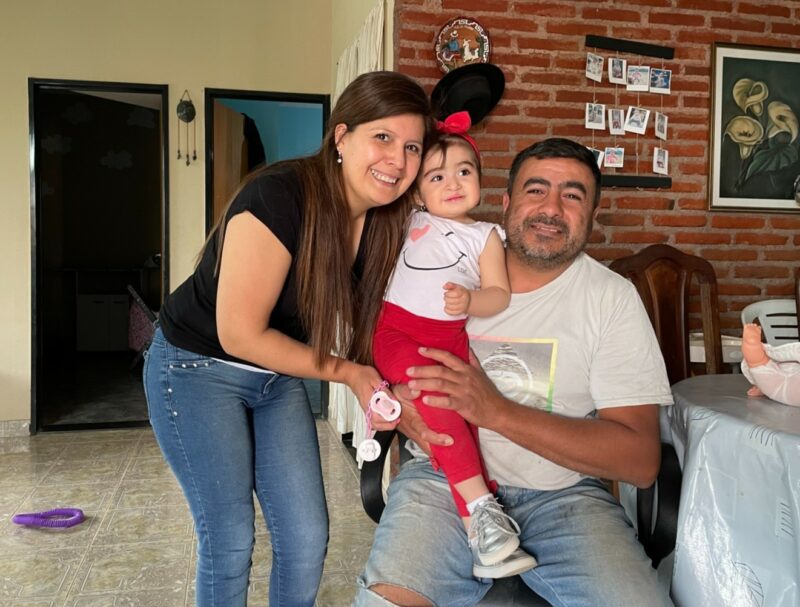
Two-year-old tech-savvy Georgina doesn’t hesitate to call her grandma on WhatsApp when she wants to talk. When the TF team visited her, she was keen to show off her technology-inspired toys. And her favourite food to eat? French fries, even if her parents wish it were broccoli! Reflecting on their journey with Georgina’s cleft so…
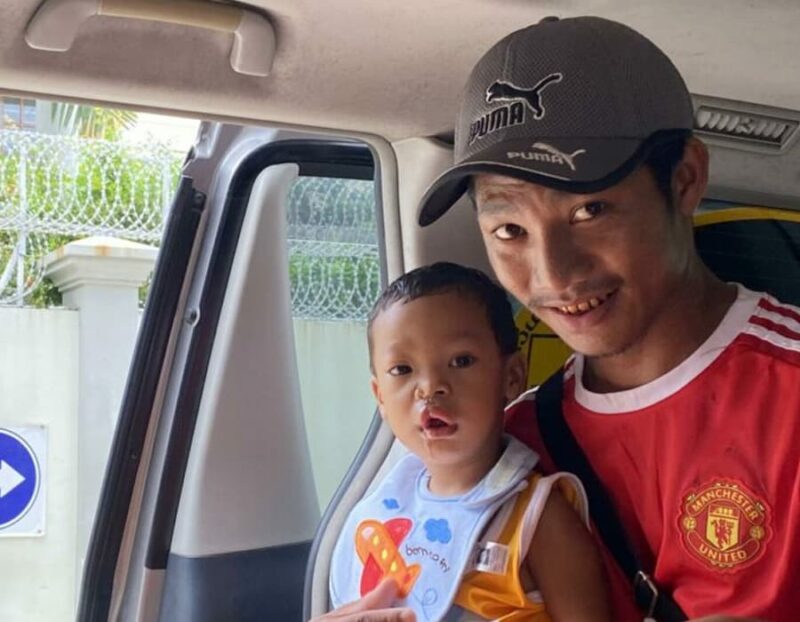
In our impact report, we shared that, thanks to our monthly Bright Start donors, we were able to exceptionally arrange surgery for 11 children in the capital city, Yangon. Among those children, a photo of Yoon* and her father, Phyo was featured. Early in 2020, Phyo and his wife Aung learned they would be expecting…
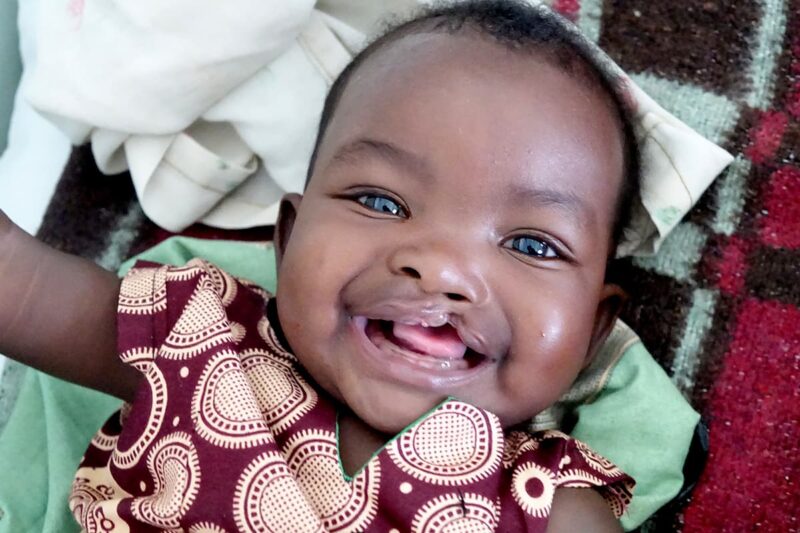
Dan, a bicycle mechanic, and Hellen, a stay-at-home mother, reside on the shores of the swampy Lake Kyoga, along with their two children – Janet and Innocent. In mid-2021, they expanded their family and welcomed a third child, who they would name Esther. It wasn’t until the delivery day that the local health centre discovered…
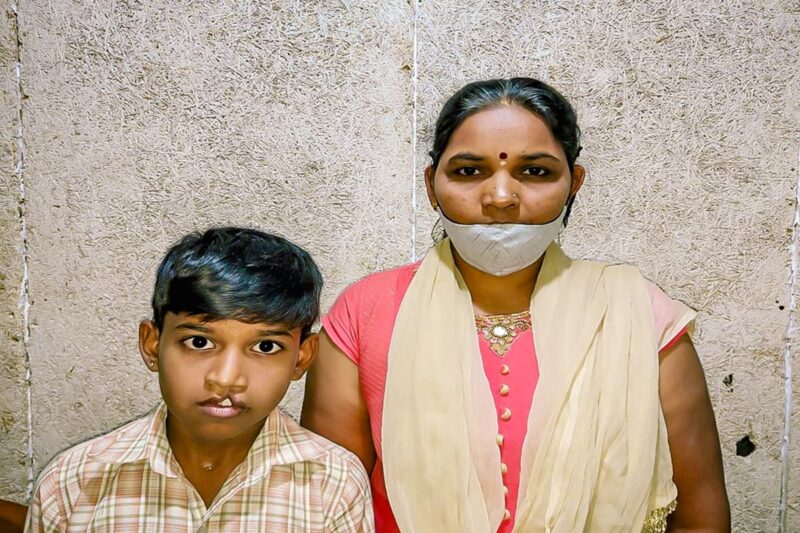
Vineesh was born in 2012 to a humble family living in the village of Neriya, India near the coastal region of Karnataka. He has two siblings whom he enjoys playing with. Vineesh enthusiastically attends school each day and hopes to grow up to be a teacher. He excels at mathematics, which happens to be his…
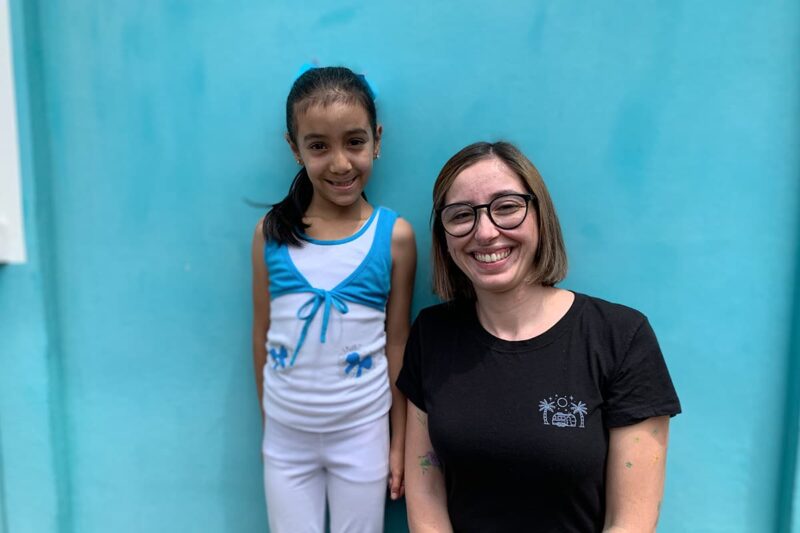
Eight-year-old Rachel and her family live atop a lush mountain in rural Costa Rica, about 30 minutes from the nearest town – Cartago. She enjoys taking care of her pet hamster, and playing on her swing outside in the fresh air. She attends a one-roomed schoolhouse, and her favourite subject is Math. Her father operates…




